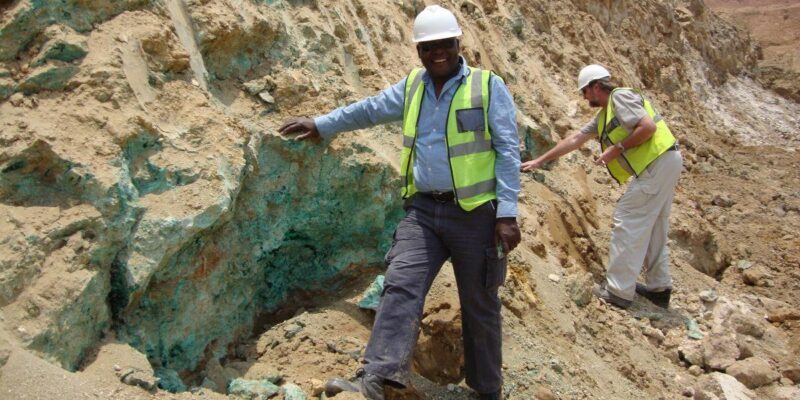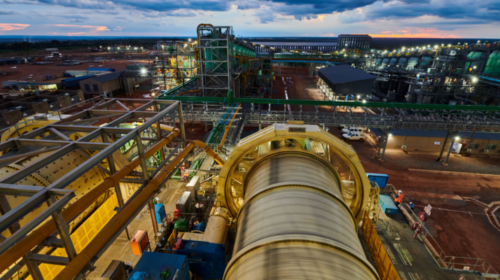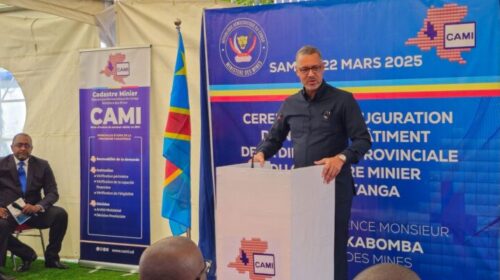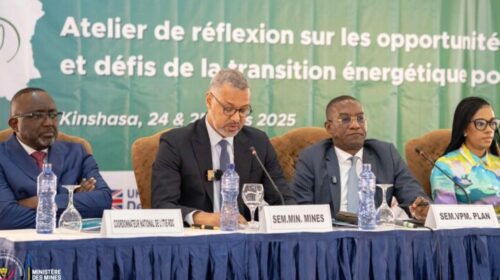Simplifying CSR in the DRC Mining Sector
By Joseph Sekabo, CSR consultant and communication specialist
In the Democratic Republic of Congo, although to date no law formally establishes the framework for the practice of Social Responsibility (CSR), some companies are distinguished by the implementation of this approach based on a proactive strategy or following the guidelines from their parent company.
In the mining sector, most mining operators apply CSR in the DRC as they come under foreign-owned entities that are often listed on the stock exchange in Europe, Canada or the United States.
Very unfortunately, it should be noted that many of these companies confuse one-off social actions and the concrete implementation of CSR.
For some companies, rehabilitating schools, making donations to hospitals or orphanages or supporting a charity would constitute the basis of their CSR policy.
However, this is not the case because this approach goes beyond simple actions since it is a question of responding to both contemporary and global challenges (global warming, protection of nature, reduction of poverty, protection of human rights, social and technological innovation, etc.) and local (promotion of employment, vocational training, support for entrepreneurship, improvement of living standards and conditions, promotion of culture, etc.). In short, CSR is not limited to a social approach, but tries to reconcile the economic, social and environmental dimensions. It is about the contribution of companies to sustainable development.
Thus, mining companies operating in the DRC, apart from local regulatory obligations, should refer to the ISO 26000 standard which sets the framework for the effective and consistent implementation of CSR for more positive impact.
The CSR policy of mining companies must be based on the guidelines of the ISO 26000 standard with reference to the following central issues: Governance, human rights, working conditions and relations, environment, fair practices and community and development. local.
138 total views , 1 views today





